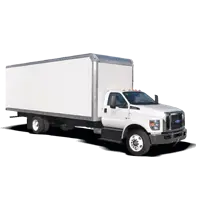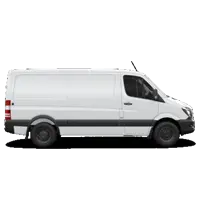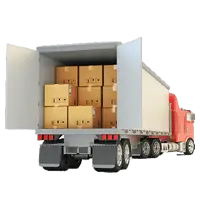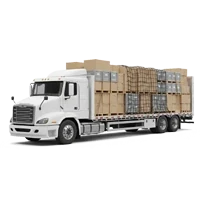West Coast Hot Shot Trucking
Fast, Reliable West Coast Hot Shot Trucking & Expedited Freight
When downtime isn't an option, you need a partner who understands the urgency of the West Coast supply chain. We provide specialized Hot Shot Trucking services across California, Oregon, Washington, and Nevada, delivering time-critical loads directly to your job site or facility.
Why Choose Our West Coast Hot Shot Services?
In the fast-paced industries of the Pacific Northwest and the Southwest, waiting for a traditional LTL carrier isn't always possible. We bridge the gap with:
- Rapid Response: We specialize in "point-to-point" delivery, meaning your freight doesn't sit in a warehouse or wait for consolidation.
- Versatile Fleet: From one-ton duallys to 40ft gooseneck trailers, we handle everything from construction equipment and agriculture machinery to urgent oil and gas parts.
- Regional Expertise: We know the I-5, I-10, and I-80 corridors like the back of our hand, ensuring your load bypasses delays and reaches its destination on schedule.
Industries We Serve
- Construction: Urgent transport of skid steers, lumber, and heavy machinery.
- Agriculture: Fast delivery of tractor parts and seasonal supplies across the Central Valley and Willamette Valley.
- Manufacturing: Just-in-time delivery for automotive and aerospace components.
- Energy: Critical equipment hauls for remote utility and renewable energy sites.







